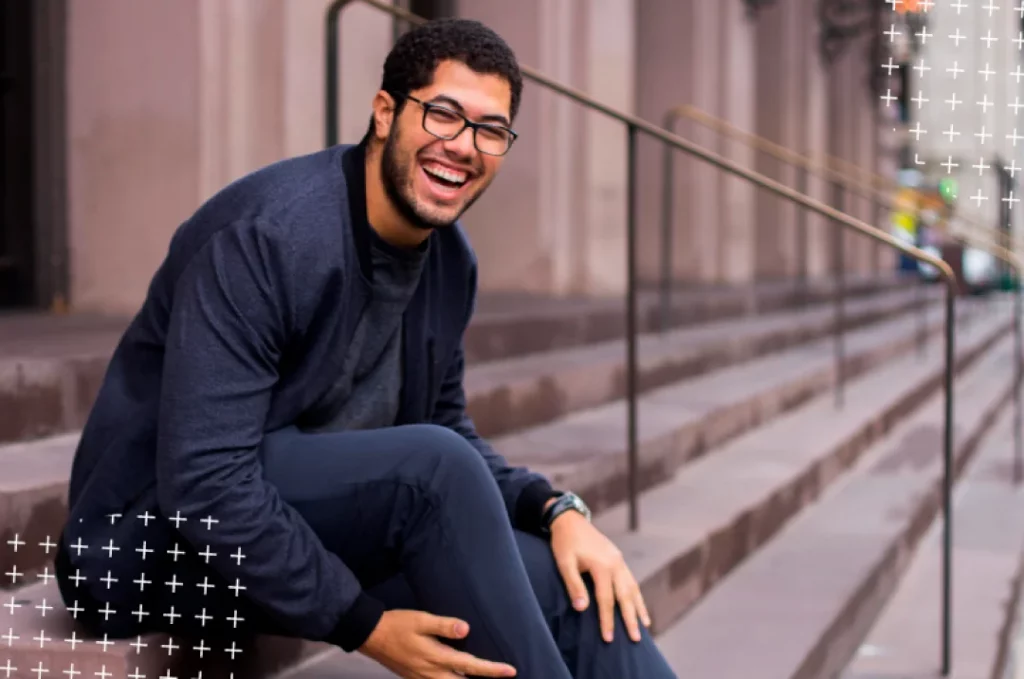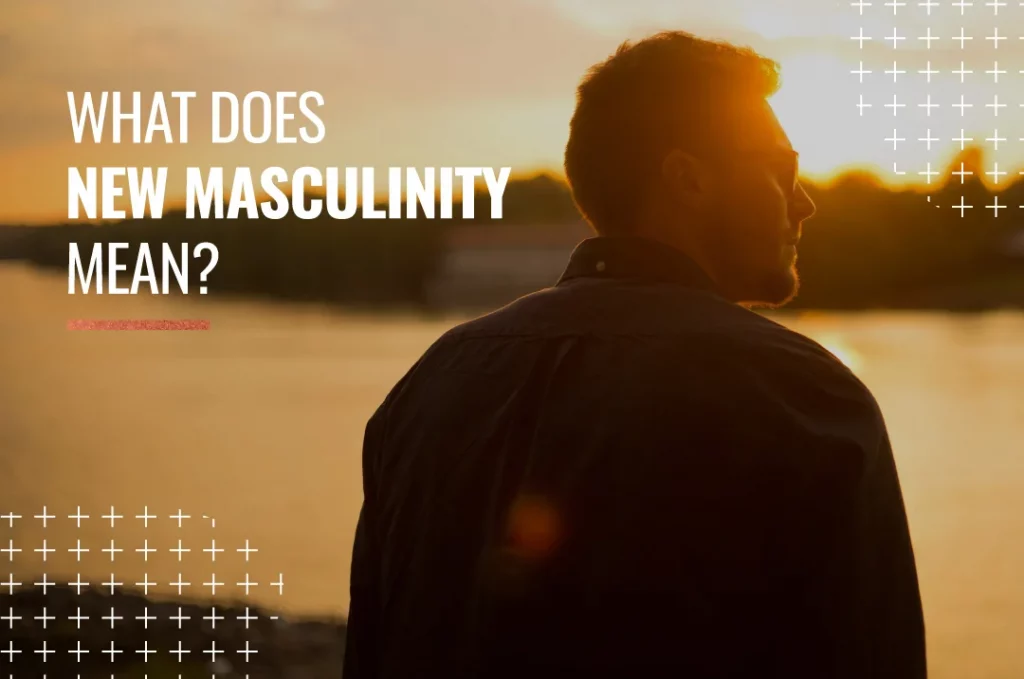The phrase “New Masculinity” was popularized in October 2019, when GQ published the “The New Masculinity Issue.” But well before 2019, the idea of new masculinity has been around, and it’s taken various names, including “modern masculinity” and “positive masculinity.”
But doesn’t matter what you call it, the bottom line of this is that we are finally becoming aware that there is a possibility and a place for a new form of masculinity. This means that society has finally left the status quo and rejects traditional masculine ideals.
Expectations of men
Some people still expects men to be the one who provides financially for the family. Also, to protect, to be well built, have a strong opinion, determined and to not show signs of vulnerability, setting aside any chance of expressing themselves. This notion puts extreme pressure on men, isolates them, and often leads to mental health struggles while also affecting relationships at work, at home, and amongst friends.
Traditional masculinity conveys the idea that men or people with penis to be a “man,” alpha, independent, dominant, and to never show emotions. This is where the famous phrase “boys don’t cry” encapsulates traditional masculinity. This New Masculinity isn’t necessarily a rejection of all classic forms of masculinity, just the unhealthy elements that negatively impact both women and men. This is often referred to as “toxic masculinity”.
What’s toxic masculinity?
The term “toxic masculinity” refers to single out harmful masculine practices, but there are downsides to its use. It can be totalizing and oversimplified, and it creates an implicitly oppositional binary.

Let’s break down a few ways in which traditional masculinity can be unhealthy or toxic.
First and foremost, the older form of masculinity discouraged mainly all forms of communication, not to mention emotional communication because it was considered “unmanly” to express emotions or to admit emotions such as upset, jealousy, hurt. Not to talk about expressing the need of affection from family, friends, or partners. This created a massive disconnection in every type of relationship. Often, instead of expressing emotions, men only had anger as a resource, to show their fury because anger was deemed a masculine trait.
Different ways of living masculinity
This has come about as a consequence of the fact that there are different ways of living masculinity. Another reason why it had to modernize is because of the new feminist movements. As we all know feminism is about all genders having equal rights and opportunities. This meant a revolution for everyone, but especially for men, who were challenged to question and rethink their reality.
The main work of men doesn’t consist of learning new models but rather in unlearning those that have been imposed on them since birth.
These forms of “expression” could only be tolerated so much. For this reason, gradually, they broke away and disassociated themselves from these ideals. That’s why a new form of masculinity emerges, to encourage men to share their insecurities and to not be afraid to be vulnerable. It also encourages men to seek help from others, like professional help.
Even while progress is clearly being made in society, some men are still understandably uncomfortable talking about these sensitive subjects out loud.
“The truth is, there’s no one way to be a man”
Sexuality and masculinity
Another aspect that is not discussed enough is the fact that being “manly” men also adds a lot of pressure for men in bed. This means, that men are expected to have a high sexual drive, have to be able to perform well and satisfye their partner. It’s the reason why we’re seeing high rates of performance anxiety, specifically erectile dysfunction, in young, otherwise healthy men. A 2017 article published in Sexual Medicine Reviews reports that upwards of 30% of men under 40 struggle with erectile dysfunction. These men’s erectile dysfunction isn’t rooted in physiology, but rather psychological stress. They put so much pressure on being great at sex that they end up getting too nervous and can’t obtain or maintain an erection.

How is masculinity changing:
- Commitment of men for personal change (expression of emotions, frustration management, experience of sexuality, commitment against homophobia… )
- The active struggle against violence towards women and gender discrimination.
- Equal assumption of their responsibilities in caring for people
- The support, promotion and demonstration of positive models of masculinity (male caregivers, pacifism, sensitivity … )
- Men’s commitment to the change in the public sphere (create a critical mass of men to promote equality, uphold reconciliation strategies, giving up of power so that it might be transferred to women, proposing legislative changes).
The real change
For all these reasons and so much more, there’s been a push for this new masculinity that’s more inclusive of all types of men. The new masculinity encourages men to be more thoughtful, vulnerable, and communicative. But, fundamentally on the personal and psychological level, they are also involved in raising public awareness, denouncing violence against women, promoting men’s health, masculinity, and so on.
This new masculinity seeks to analyze and deconstruct the restrictive and harmful effects which gender socialization represents for men. They start with the observation that the dominant stereotypes of masculinity are harmful to the personal welfare of men, while the male role of emotional disability causes in many cases pain and isolation, leading men to risk taking behavior, over-exploitation and violence.
Where masculinity is headed
It can be tough to break older notions of masculinity because it’s so heavily ingrained in us, and our friends may even ridicule us for becoming “soft.” Nevertheless, a man’s true character comes from being willing to grow. A real man isn’t afraid to go against the grain for what he knows is right. That’s why you should consider embracing the emerging new masculinity.

Author: Andrés Suro (Sexual Coach at MYHIXEL)
Psychologist specialized in the social area and expert in sexology applied to education.
PS: Remember you can book a private consultation with me at MYHIXEL CLINIC. Book your appointment here.






